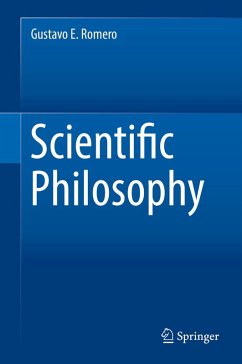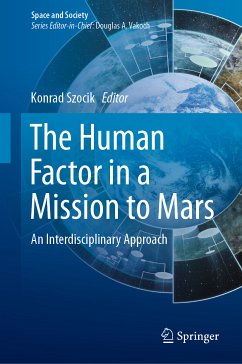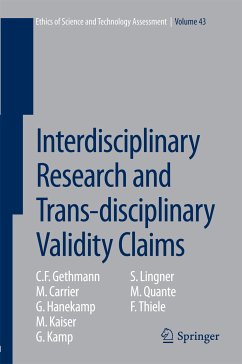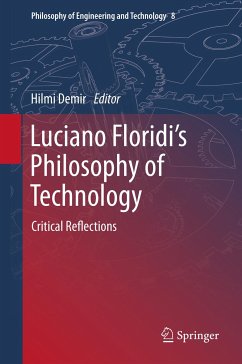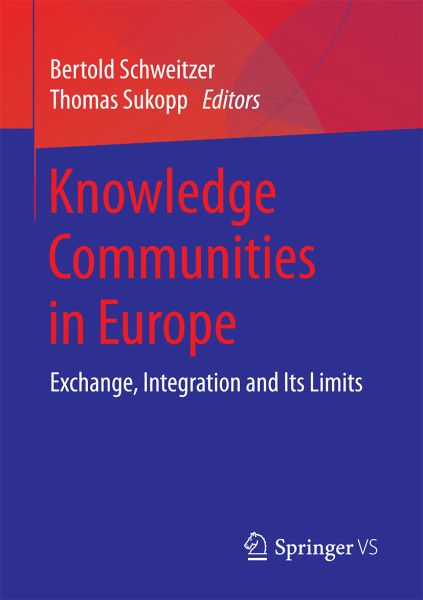
Knowledge Communities in Europe (eBook, PDF)
Exchange, Integration and Its Limits
Redaktion: Schweitzer, Bertold; Sukopp, Thomas
Versandkostenfrei!
Sofort per Download lieferbar
40,95 €
inkl. MwSt.
Weitere Ausgaben:

PAYBACK Punkte
20 °P sammeln!
New approach to the knowledge exchange processes in Europe
An inter- and transdisciplinary book
Networking in Science and Popular Science
Dieser Download kann aus rechtlichen Gründen nur mit Rechnungsadresse in A, B, BG, CY, CZ, D, DK, EW, E, FIN, F, GR, HR, H, IRL, I, LT, L, LR, M, NL, PL, P, R, S, SLO, SK ausgeliefert werden.



